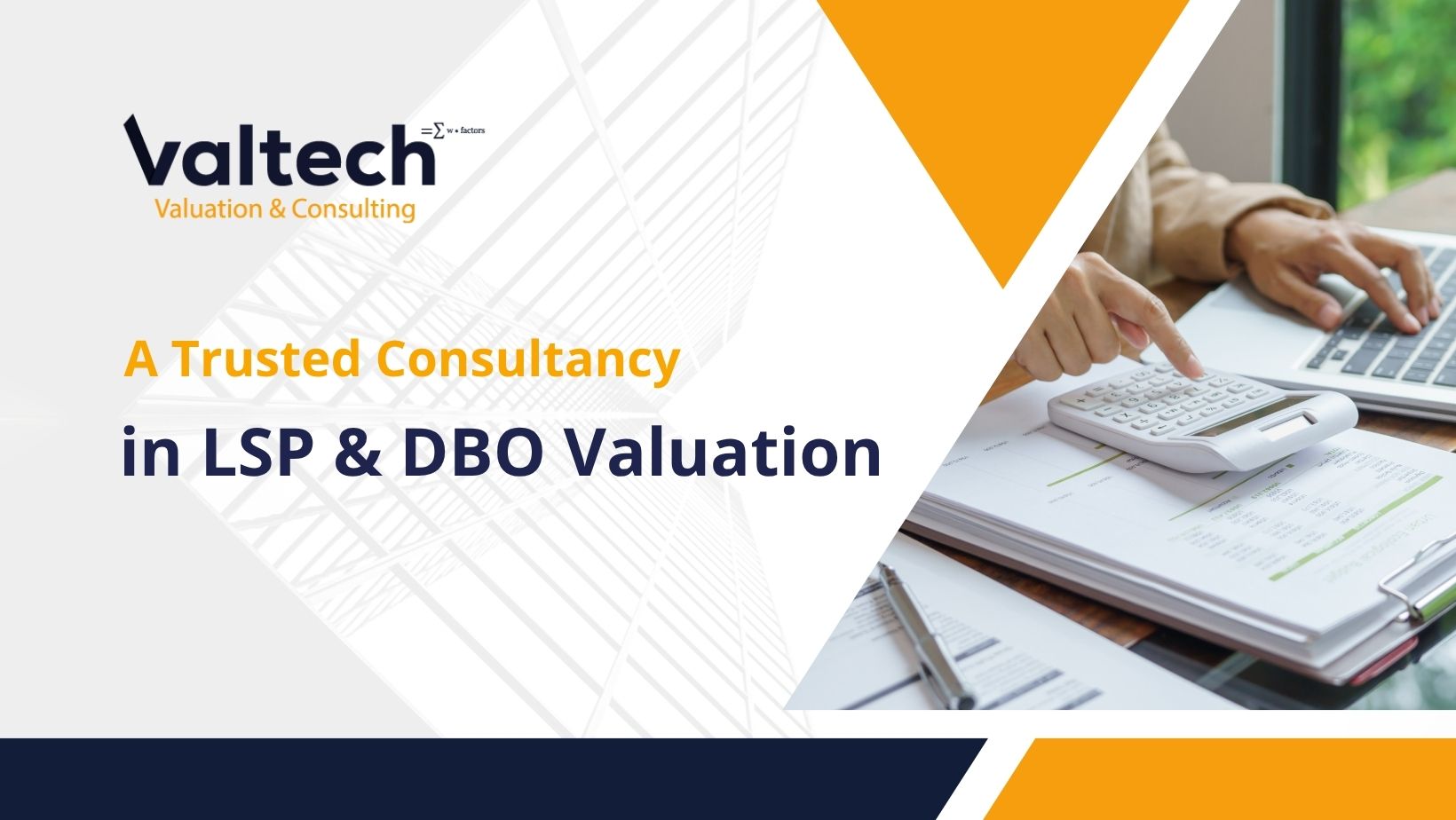Property management involves the operation and oversight of real estate properties on behalf of property owners. Property managers handle tasks such as rent collection, maintenance, and tenant relations.
Key Matters in Valuation
Property managers may require valuations to assess the value of managed properties, determine rental rates, and provide property owners with performance reports.
Why is Business Valuation Relevant?
In the Property Management industry, which involves the operation and oversight of real estate properties on behalf of property owners, business valuation is essential for various purposes. Here are key business needs and scenarios where valuation is crucial in the Property Management sector:
Asset Valuation:
Property management companies need to accurately assess the value of properties in their management portfolios. Valuation ensures that properties are managed effectively and that property owners have a clear understanding of their asset’s worth.
Performance Reporting:
Property managers provide performance reports to property owners. Valuations are used to track changes in property value over time and to evaluate the success of property management strategies.
Rental Pricing and Lease Negotiations:
Property managers use valuations to determine appropriate rental rates for properties under management. Valuations also assist in lease negotiations, ensuring that rental terms align with property values.
Maintenance and Capital Expenditure Planning:
Valuations help property managers prioritize maintenance and capital expenditure projects. Managers can allocate resources effectively to maintain or increase property value.
Insurance Coverage:
Property managers and property owners use valuations to determine the replacement cost of structures and assets, ensuring that appropriate insurance coverage is in place to protect against losses.
Buy-Sell Decisions:
Property management companies often assist property owners in making buy-sell decisions. Valuations help property owners understand the current market value of their assets and make informed choices about selling or acquiring additional properties.
Market Analysis and Benchmarking:
Property managers use valuations to analyze market trends, compare property values to market benchmarks, and assess the competitive positioning of their managed properties.
Tax Assessment Appeals:
Property managers may need valuations to support property owners in appealing property tax assessments that they consider excessive or inaccurate.
Portfolio Optimization:
For companies managing multiple properties, valuations assist in portfolio optimization by identifying underperforming assets and guiding decisions about property acquisitions or divestitures.
Litigation and Dispute Resolution:
Valuation experts may be called upon to provide expert testimony in cases involving disputes over property values, lease disputes, property damage claims, or other property-related litigation.
Tenant Relations:
Property managers use valuations to explain rental rate increases or decreases to tenants, ensuring transparency and fairness in lease negotiations.
Renovation and Improvement Projects:
Property managers may use valuations to assess the potential return on investment for renovation or improvement projects, helping property owners make informed decisions.
Environmental Considerations:
Valuation experts assess the impact of environmental factors, such as sustainability features or remediation costs, on property value.
Estate Planning and Succession:
Property managers may assist property owners with estate planning by providing valuations for inheritance, tax planning, and business succession purposes.
Accurate and reliable property valuations are critical for property managers to provide effective management services, communicate with property owners, and make informed decisions regarding property maintenance, leasing, and overall asset performance. Engaging experienced valuation professionals with expertise in property management and knowledge of local market conditions is essential to ensure that valuations are conducted accurately and align with industry standards and best practices.





